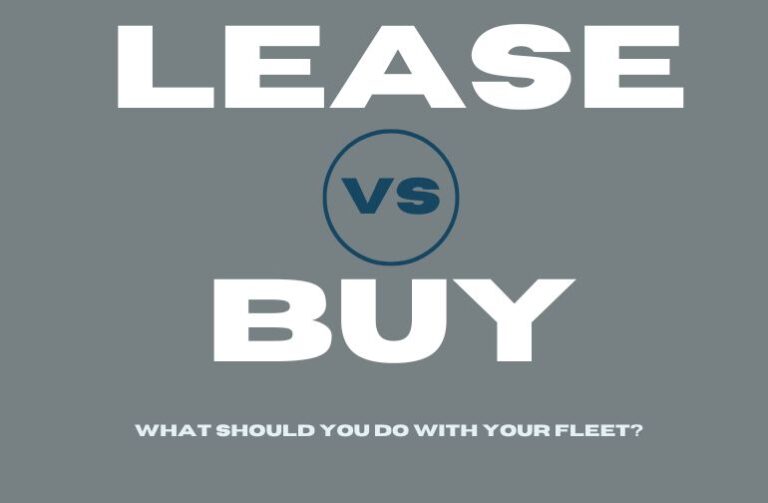To lease, or not to lease. This is the question that I get asked regularly by Fleet Managers. My answer is normally, what does your Finance Manager think? Which is then greeted with a blank expression.
And this is the difficultly when trying to answer this age old question. The decision to buy or lease the company cars is not a decision made solely by the Fleet Manager. It requires a complex evaluation of the organisations’ financial goals, employee capabilities, and appetite for risk.
Financial goals
There are normally two distinct positions on this issue. Large corporate businesses with passenger vehicle fleets normally lease. This is because they have a mature finance team constantly looking at the best way to maximise returns on limited capital.
Medium sized businesses, normally managed by the owners, will own their vehicles because that’s what they’ve always done. And diverse fleets with plant and equipment, like local governments, like to own the fleet because leasing isn’t flexible enough for non-vehicle assets.
Leasing the fleet will get raised when something changes within these organisations. Normally it’s a new accountant, financial pressures caused by a fall in profits, or growth opportunities that require more capital.
Economic cycles also initiate the buy or lease discussion. During the good times when companies are making money, no one asks about the fleet running costs or return on capital employed. When the market softens, and borrowing money gets harder, sophisticated managers look for assets that can be made liquid.
In conditions like the world is experiencing now, selling the fleet to a financier and then leasing it back (also called a sale and leaseback) is popular for both parties. The leasing company locks in a new customer across the entire fleet rather than waiting years for each vehicle to be replaced. And the customer gets a large amount of cash to reinvest in their business.
Employee capabilities
This area is not just about skill, experience and knowledge; it’s also a decision on the number of people required to manage a fleet. Managing a fleet involves strategic planning and decisions, daily operational management, risk management, and lots of repetitive transactions.
The strategic and risk management aspects are the areas most organisations struggle with because the fleet isn’t a key component to generating revenue.
Executives in transport and logistics companies understand how a well-trained, experienced Fleet Manager can mitigate risk and increase operating efficiency year on year because without a low cost fleet, they don’t stay in business.
If you don’t have the right capabilities within your business, leasing might improve the efficiency of the fleet by eliminating the daily operational tasks, but outsourcing the finance and operational components doesn’t relieve the accountability for the management of risk and strategic decision making.
The repetitive transactions can removed by outsourcing to a Fleet Management Organisations (FMO) without converting to a lease. They can often perform the transactional tasks (registrations, tolls, fines and maintenance approvals) more efficiently. Although, most organisations could reduce the administration of these tasks by implementing a lean process review with input from internal stakeholders.
In 2022, with a new paradigm of zero emissions transport, people with diverse backgrounds are entering the fleet management industry which is challenging the old guard and bringing new ideas. With increased capability in these roles, owning the fleet does make more sense.
Appetite for risk
The main reason for leasing vehicles is to offset some risk by employing the capabilities of an FMO. If your organisations is good at managing risk, then you should manage your fleet.
The four main risk areas in fleet management are:
- Financial – cost of capital, residual values, procurement, fleet optimisation
- Operational – running costs, fit for purpose vehicles, utilisation
- Compliance – workplace safety, regulatory, road safety, policies
- Strategic – matching the fleet to the business
Each of the four risk areas can be outsourced, though the accountability remains with the organisation which means developing employee capability in fleet management will be required regardless of the decision to lease or buy your fleet.






